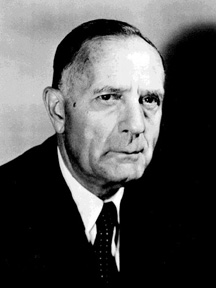Portrait of Edwin Hubble
The Archives, California Institute of Technology
Edwin Hubble
Edwin Hubble was an American astronomer who lived between 1889-1953. He
studied law at Oxford under a Rhodes scholarship before deciding on a career as
an astronomer. This career eventually led to cosmology. His studies were later interruped by service in both World Wars.
Hubble's extensive observations of galaxies helped him develop the idea of an expanding universe, which forms the basis of modern cosmology.
He also identified a relationship between a galaxy's speed and its distance, the ratio of which is called Hubble's constant. A project of the Hubble telescope, currently exploring outer space, is to accurately measure this constant.
You might also be interested in:
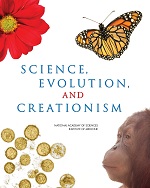
How did life evolve on Earth? The answer to this question can help us understand our past and prepare for our future. Although evolution provides credible and reliable answers, polls show that many people turn away from science, seeking other explanations with which they are more comfortable.
...more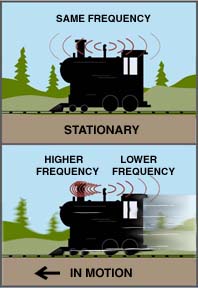
The Doppler effect was named after Christian Doppler, who first came up with the idea in 1842. He determined that the frequency of sound waves would change if either the source of the sound or the observer
...more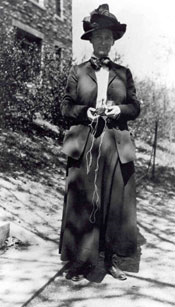
Florence Bascom (1862-1945) was one of the first female geologists in the United States and her colleagues regarded her as one of the nation’s most important geologists. In 1896 she was the first woman
...more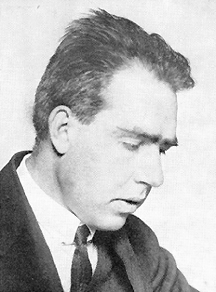
Niels Bohr was a Danish physicist who lived between 1885-1962. He investigated atomic structure, modifying Rutherford's old model of an atom by confining electrons to orbits of specific radii. Bohr also
...more
Marie Curie was a physicist and chemist who lived between 1867-1934. She contributed greatly to our understanding of radioactivity and the effects of x-rays. She was born Maria Skłodowska in Warsaw,
...more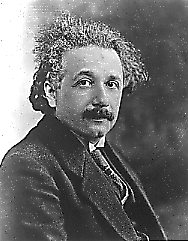
Albert Einstein was a German physicist who lived between 1879-1955. His special and general theories of relativity, theory of Brownian motion, work in quantum physics, statistical mechanics, and on the
...more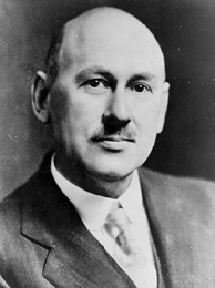
Robert Goddard was an American physicist who lived between 1882-1945. He was a pioneer of modern rocketry who discovered that liquid fuel is more efficient than solid fuel. Although Goddard's first rocket
...more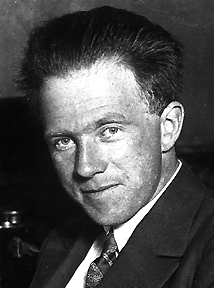
Werner Heisenberg was a German physicist who lived between 1901-1976. He developed new theories in quantum mechanics which agreed with the results of previous experiments. Heisenberg is most famous for
...more
